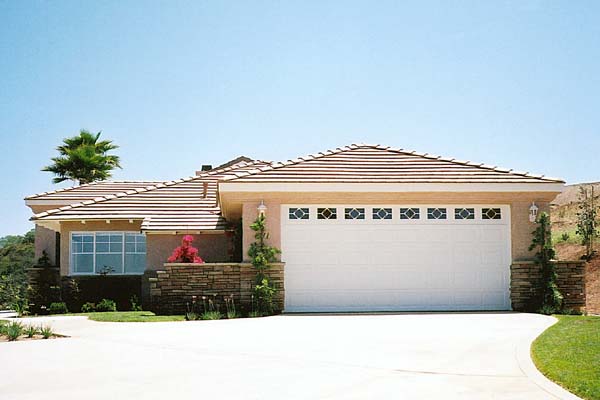HOUSING CODE
Understanding Housing Codes in Real Estate
In the realm of real estate, housing codes play a pivotal role in ensuring the safety and wellbeing of occupants. These codes, established by local governments, set forth minimum standards that a dwelling unit must meet in terms of construction, maintenance, and occupancy. Let's delve into the significance of housing codes and their impact on the real estate landscape.
What are Housing Codes?
Housing codes, often referred to as building codes or property maintenance codes, are regulations put in place by local governments to safeguard the health and safety of individuals residing in residential properties. These codes encompass a wide array of requirements, including structural integrity, sanitation, ventilation, and fire safety measures.
Key Aspects of Housing Codes:
Structural Integrity:
Housing codes mandate that dwellings meet specific structural standards to ensure stability and safety.
Sanitation:
Requirements for sanitation encompass proper waste disposal, sewage systems, and clean water supply to promote a hygienic living environment.
Safety Measures:
Housing codes dictate the installation of smoke detectors, fire exits, and other safety features to mitigate hazards.
Impact on Real Estate
The implementation of housing codes significantly influences the real estate sector in several ways.
Property Valuation
Property Valuation
Properties that adhere to housing codes tend to command higher valuations, as they are deemed safer and more desirable for potential buyers or tenants. Conversely, non-compliant properties may experience diminished value due to the need for extensive renovations to meet code requirements.
Legal Compliance
Real estate transactions and property management activities must align with housing codes to avoid legal ramifications. Non-compliance with these regulations can lead to fines, lawsuits, or even the condemnation of the property.
Tenant and Buyer Protection
Housing codes serve as a protective mechanism for tenants and prospective buyers, ensuring that the properties they inhabit or consider purchasing meet essential safety and quality standards.
Challenges and Considerations
While housing codes are indispensable for upholding living standards, they also present certain challenges within the real estate sphere.
Cost Implications:
Adhering to housing codes may entail substantial costs for property owners, particularly when upgrades or repairs are necessary to meet the stipulated requirements.
Regulatory Variations:
Housing codes can vary between different localities, posing a challenge for real estate professionals who operate across multiple jurisdictions.
Conclusion
In the realm of real estate, housing codes serve as a cornerstone for fostering safe and habitable living environments. By adhering to these regulations, property owners, tenants, and buyers can ensure that residential properties meet essential standards of quality and safety, thus contributing to the overall wellbeing of communities.
Understanding and complying with housing codes is essential for all stakeholders in the real estate industry, ultimately fostering a landscape where properties are not only valuable assets but also sanctuaries of safety and comfort for those who inhabit them.
MORE REAL ESTATE TERMS
A, B, C, D, E, F, G, H, I, J, K, L, M, N, O, P, Q, R, S, T, U, V, W, X, Y, Z
Featured New Home

Featured Mortgage Brokers
- RESIDENTIAL HOME FUNDING CORPORATION, BLUE BELL, PA
1787 SENTRY PKWY W BLDG 18-130
BLUE BELL, PA 19422 - DITECH MORTGAGE CORP, FORT WASHINGTON, PA
1100 VIRGINIA DR STE 100
FORT WASHINGTON, PA 19034 - Mainstream Funding Network, Inc., mortgage broker in Williamsville, NY
5586 Main St.
Williamsville, NY 14221 - Intercap Lending, mortgage broker in Albuquerque, NM
5600 Wyoming Blvd NE Ste 20
Albuquerque, NM 87109 - CSTONE MORTGAGE INC, SAN DIEGO, CA
4545 MURPHY CANYON RD STE 213
SAN DIEGO, CA 92123